What is literary fiction? Literary fiction explores subtleties and complexities of language, theme and symbolism and tends to be character-driven rather than plot driven. Read a definition plus tips on how to develop literary writing style


What is literary fiction? Literary fiction explores subtleties and complexities of language, theme and symbolism and tends to be character-driven rather than plot driven. Read a definition plus tips on how to develop literary writing style
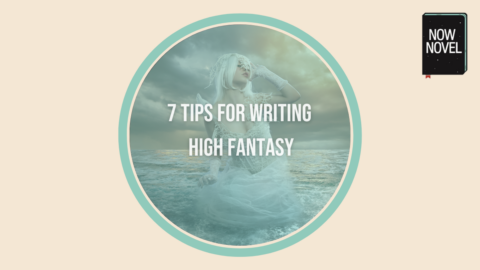
The fantasy genre endures for many reasons. It transports us to other worlds, stimulating the imagination. It draws on powerful archetypes and symbols. Read 7 tips for writing captivating high fantasy

Guest contributor Neil Chase shares tips to write a murder mystery that captivates readers and keeps them guessing.
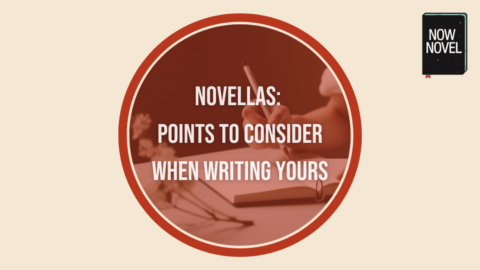
Learning how to write a novella is excellent preparation for writing your first novel. It enables you to work out characters and themes more extensively than a short story does. Writing a novella gives you helpful scaffolding for an expanded and more detailed book or series. Read on for a definition of the novella and 6 essential tips for writing one:
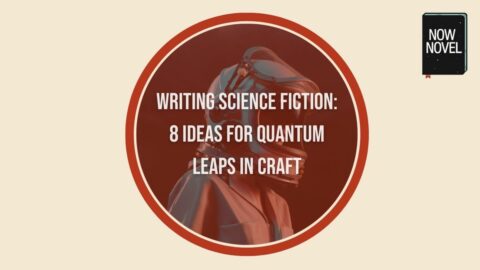
Writing science fiction means speculating and dreaming up other possibilities and worlds. Read ideas from eight titans of the genre to make your SF soar to the stars.
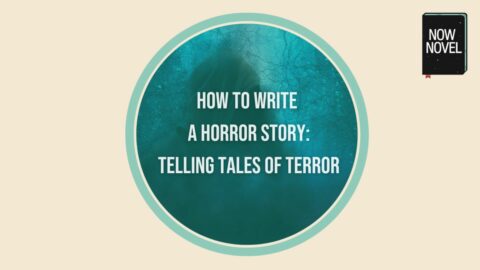
Learn how to write a horror story, with insights from Stephen King, John Carpenter, the script opening for The Exorcist, and more, and discover ideas for telling a more chilling tale.
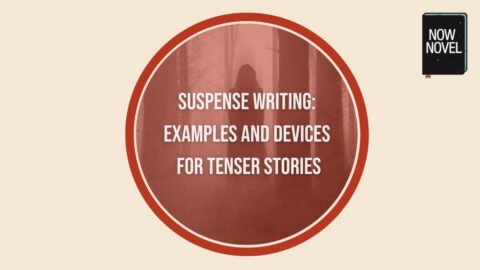
Suspense writing examples by psychological suspense, mystery and thriller authors show how to create anxious anticipation and a page-turner. Learn a useful skill for any genre.

Fantasy is one of the most popular genres due to the wish, wonder, and surprise that fills this speculative fiction genre. Learn more and find helpful worldbuilding templates in this fantasy writing guide.
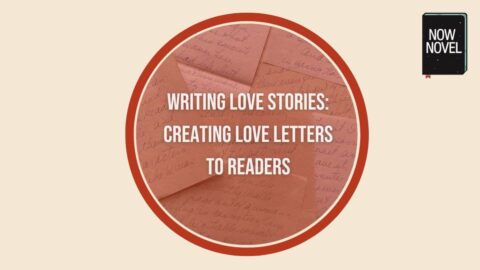
Writing love stories is a meaningful way to explore all the stages of human relationships. Read the difference between love stories and genre romance, hallmark features of stories with romantic elements, and more.